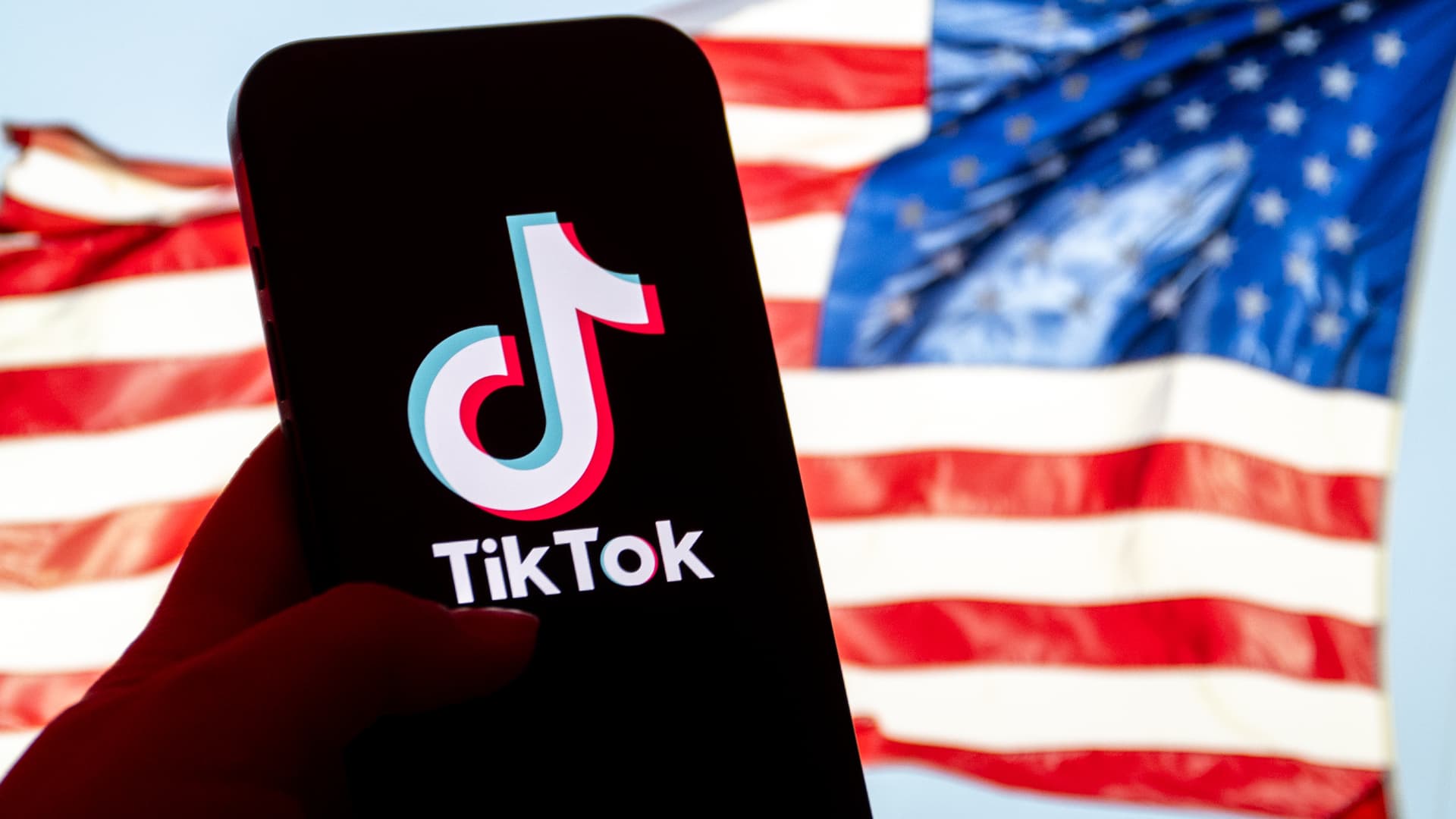
In a significant development, the U.S. Senate passed a bill on Tuesday, April 23, 2024, with an overwhelming bipartisan vote of 79-18. This legislation aims to restrict the popular social media app TikTok and gives its parent company ByteDance up to one year to sell the platform or face a ban from U.S. app stores and web hosting companies (The Washington Post, 2024).
With approximately 170 million Americans using TikTok, this move has raised concerns about potential infringement on users' rights to free speech and the impact on small businesses that rely on the app for exposure (USAToday, 2024). The Beijing-based parent company of TikTok denies requesting American users' data or handing it over if asked (USAToday, 2024).
The Chinese government's potential involvement in the sale of TikTok's algorithm adds complexity to the situation. Selling the app would be a complicated process due to its significant worth and China's potential blocking of such a sale (USAToday, 2024).
TikTok has previously argued that this legislation violates Americans' rights and could harm businesses relying on the platform for exposure. Legal battles are expected as TikTok is likely to fight the legislation in court, with previous attempts by former President Donald Trump also being blocked by federal judges (USAToday, 2024).
The House of Representatives passed a similar bill in March 2023, which would have given ByteDance roughly six months to divest the TikTok asset. However, this legislation has since stalled in the Senate (CNBC, 2024).
ByteDance and TikTok spent over $7 million on lobbying and ads this year to prevent a potential U.S. ban (CNBC, 2024). The companies have targeted Congress and federal officials with their lobbying efforts (CNBC, 2024).
The House Energy and Commerce Committee held hearings in March 2023 regarding TikTok's alleged national security risks. During these hearings, TikTok CEO Shou Zi Chew testified about the company's commitment to user privacy and security (The Washington Post, 2024).
Senator Maria Cantwell (D-Wash.) has been a vocal advocate for regulating TikTok due to national security concerns. She stated that intelligence briefings have shown that the Chinese government could use the app to collect data on American citizens (The Washington Post, 2024).
Meta, Google, and Amazon are among the tech companies reportedly interested in purchasing TikTok if a sale occurs (The Washington Post, 2024). However, former Treasury Secretary Steven Mnuchin warned that selling TikTok's algorithm could be challenging due to China's potential involvement (CNBC, 2024).


